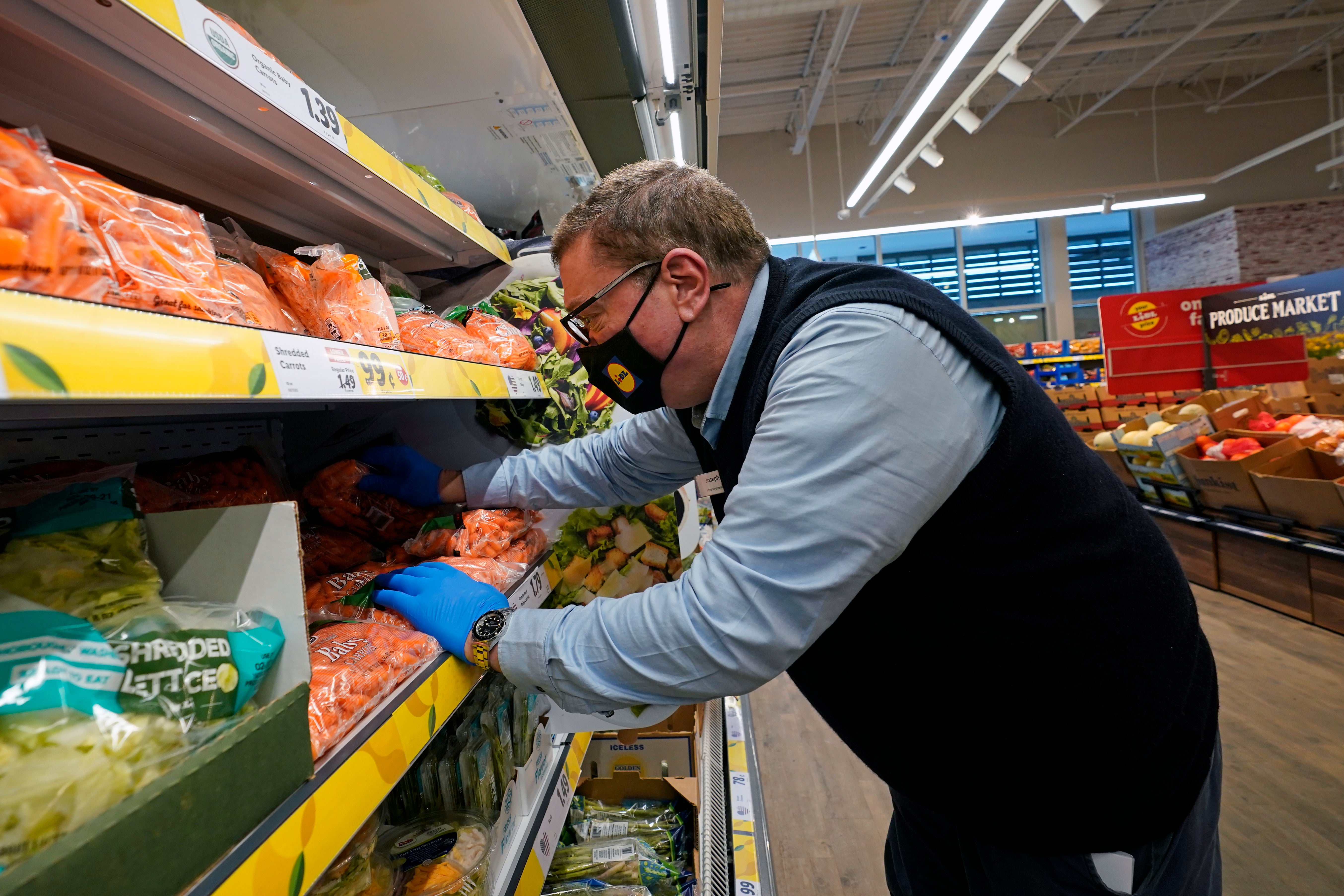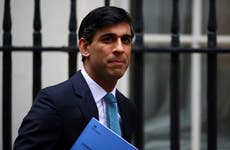UK unemployment hits five-year high
Jobless measure hits highest level in five years as data reveals 307,000 people still away from work

Your support helps us to tell the story
From reproductive rights to climate change to Big Tech, The Independent is on the ground when the story is developing. Whether it's investigating the financials of Elon Musk's pro-Trump PAC or producing our latest documentary, 'The A Word', which shines a light on the American women fighting for reproductive rights, we know how important it is to parse out the facts from the messaging.
At such a critical moment in US history, we need reporters on the ground. Your donation allows us to keep sending journalists to speak to both sides of the story.
The Independent is trusted by Americans across the entire political spectrum. And unlike many other quality news outlets, we choose not to lock Americans out of our reporting and analysis with paywalls. We believe quality journalism should be available to everyone, paid for by those who can afford it.
Your support makes all the difference.The unemployment rate rose to 5.1 per cent last month – a five-year high – as Covid continued to inflict damage on the UK economy, new figures show.
The Office for National Statistics (ONS) said the jobless rate was up 0.4 percentage points on the previous quarter and up 1.3 percentage points on a year earlier.
Around 1.74 million people were unemployed in the three months to December, up 454,000 from the same period in 2019.
The unemployment rate now sits at the highest level since the autumn of 2015 – and saw the biggest annual rise since the financial crisis.
In a sliver of good news, the ONS said there were 83,000 more people in payrolled employment in January compared with December – the second consecutive monthly increase – but this was still down 726,000 since the start of the pandemic.
Jonathan Athow, deputy national statistician at the ONS, said the data suggested the employment market was levelling out after a difficult 12 months.
He said: “The latest monthly tax figures show tentative early signs of the labour market stabilising, with a small increase in the numbers of employees paid through payroll over the last couple of months – though there are still over 700,000 fewer people employed than before the start of the coronavirus pandemic.
“Almost three-fifths of this fall in employees since the onset of the pandemic came from the under-25s, according to a new age-breakdown we are publishing for the first time today.
“Our survey shows that the unemployment rate has had the biggest annual rise since the financial crisis.”
Experts fear the full scale of the economic crisis triggered by Covid is not reflected in recent figures since millions of people remain on furlough. They fear the unemployment rate could rise when the government support scheme ends.
The latest ONS data showed there were still around 307,000 people away from work because of the pandemic and receiving no pay in December 2020, an increase on the previous month but down from around 658,000 last April.
The figures also showed the UK employment rate for the three months to December was 75 per cent, 1.5 percentage points lower than a year earlier and 0.3 percentage points lower than in the previous quarter.
There were an estimated 599,000 vacancies in the UK in the three months to January, 211,000 fewer than a year ago but 64,000 more than in the previous quarter.
Growth in average total pay (including bonuses) among employees for the three months to December increased to 4.7 per cent, and growth in regular pay (excluding bonuses) also increased to 4.1 per cent.
Rishi Sunak, the chancellor, said: “I know how incredibly tough the past year has been for everyone, and every job lost is a personal tragedy.
“That’s why throughout the crisis, my focus has been on doing everything we can to protect jobs and livelihoods.
“At the Budget next week I will set out the next stage of our Plan for Jobs, and the support we’ll provide through the remainder of the pandemic and our recovery.”
Anneliese Dodds, the shadow chancellor, said: “There are now 1.74 million people out of work, and forecasts warn another million jobs could go in the coming months.
“Britain can’t afford to wait any longer. That’s why today Labour is calling on the Conservatives to back our plan to secure our economy and rebuild stronger.”

Join our commenting forum
Join thought-provoking conversations, follow other Independent readers and see their replies
Comments